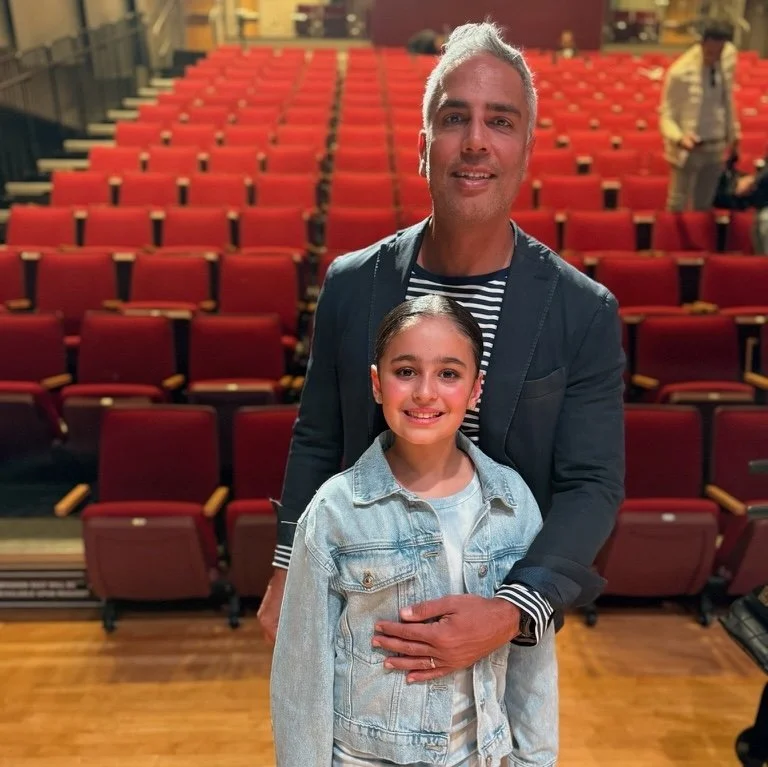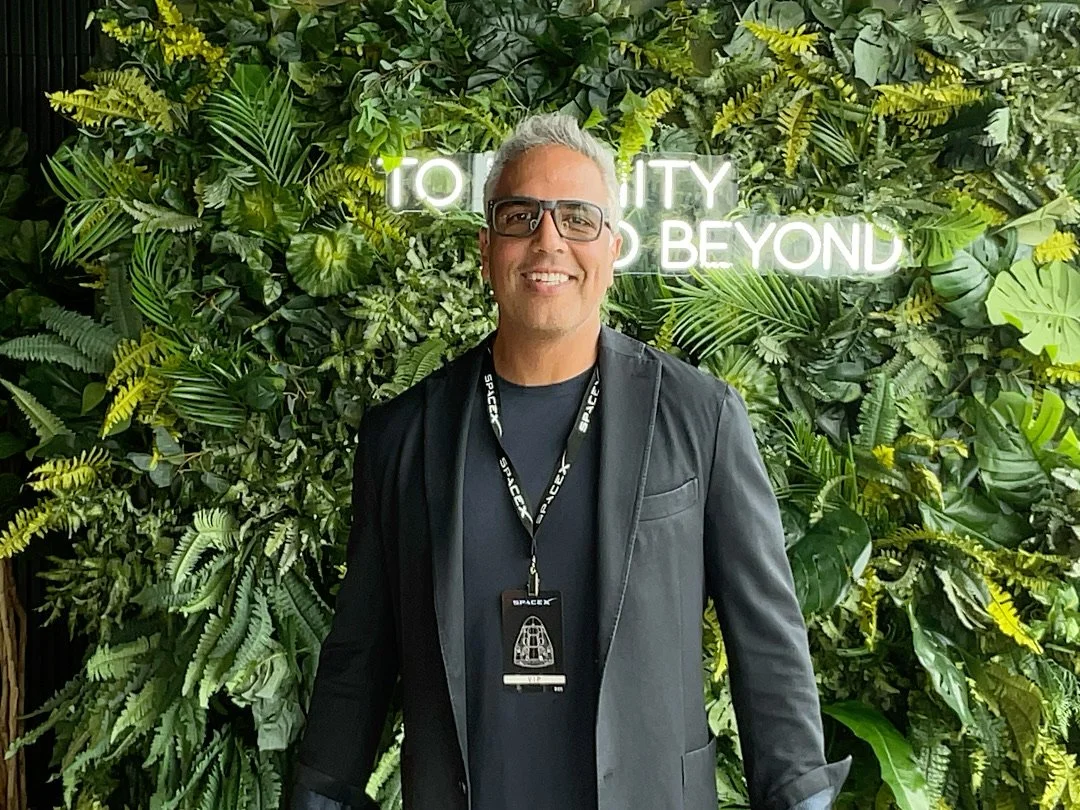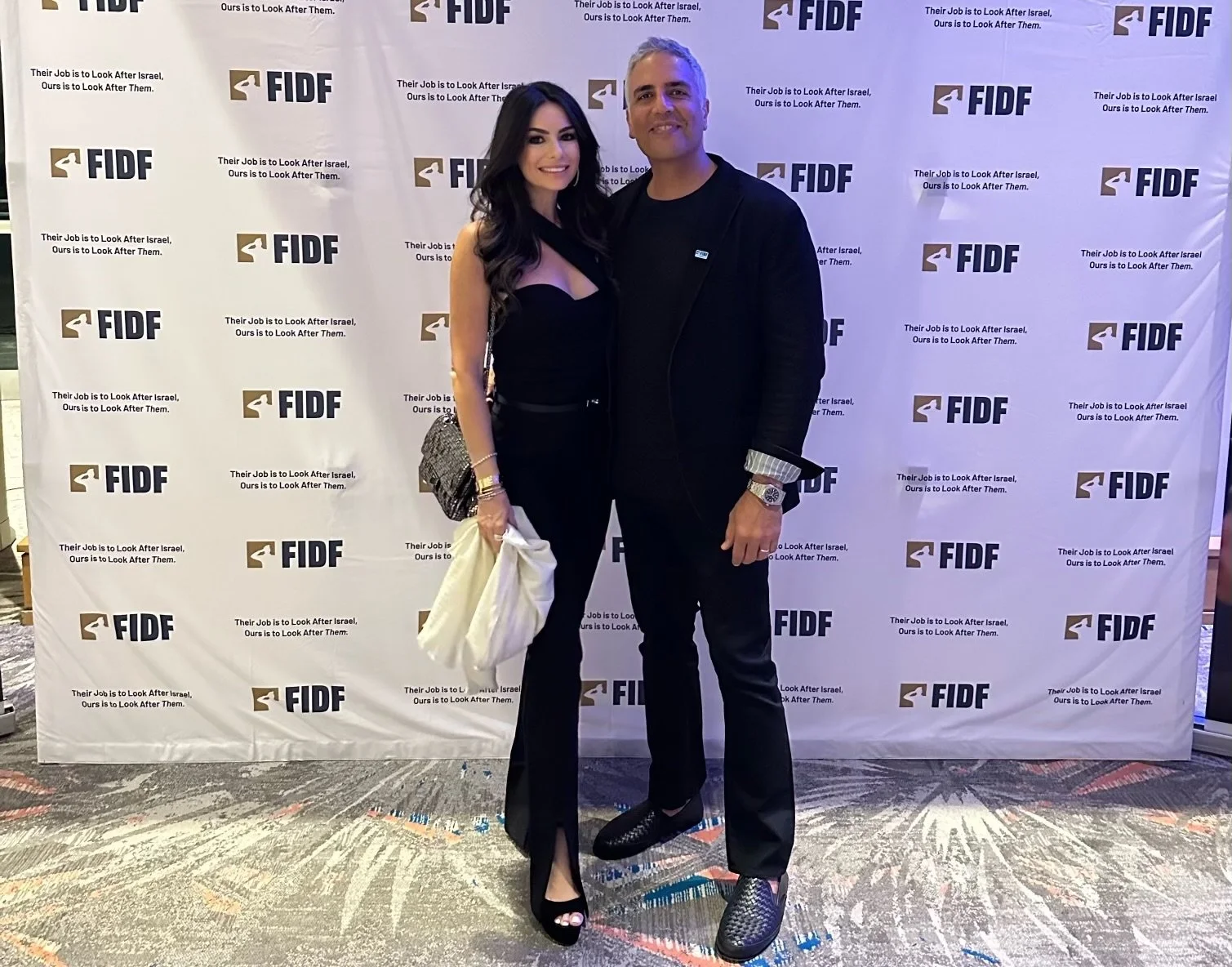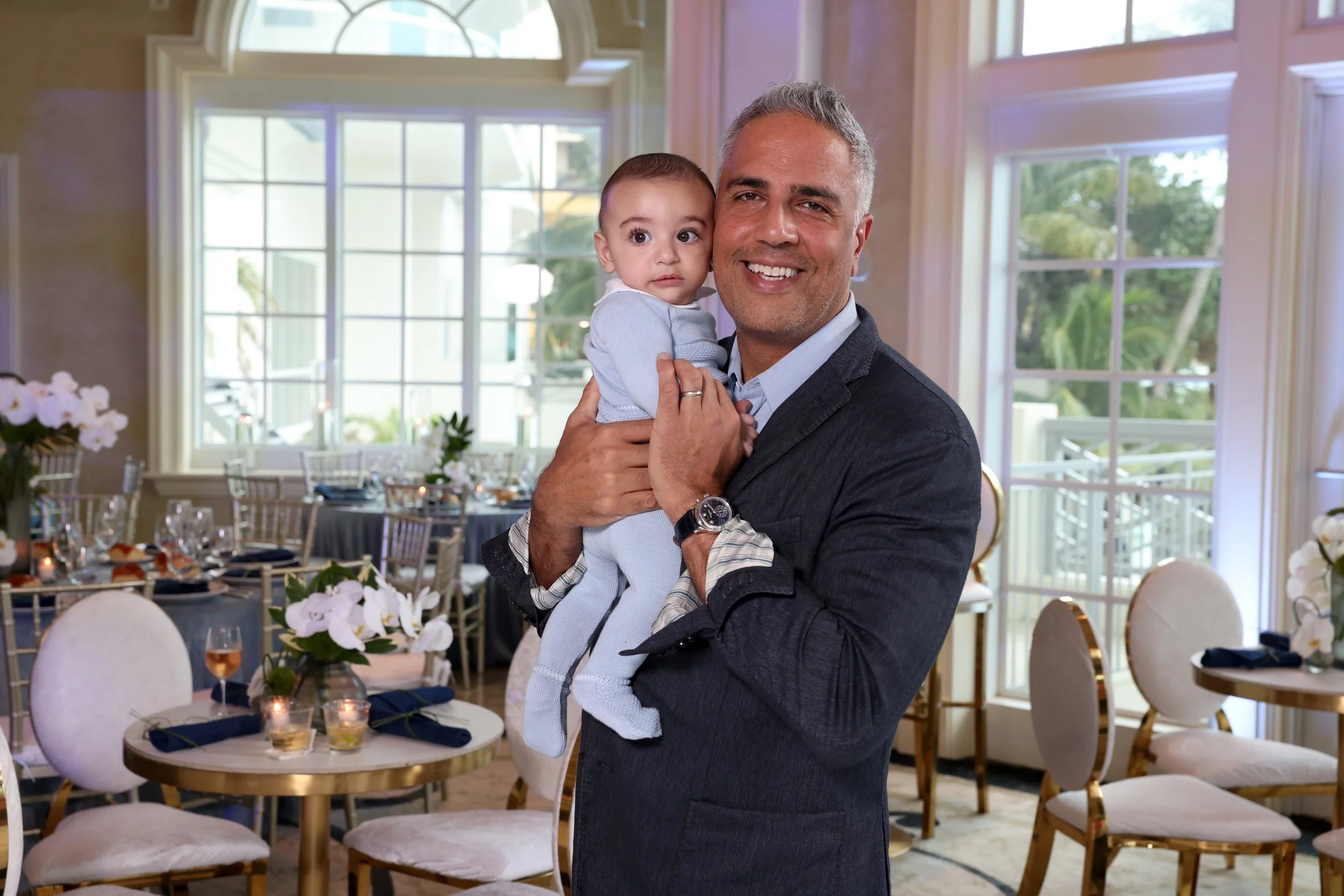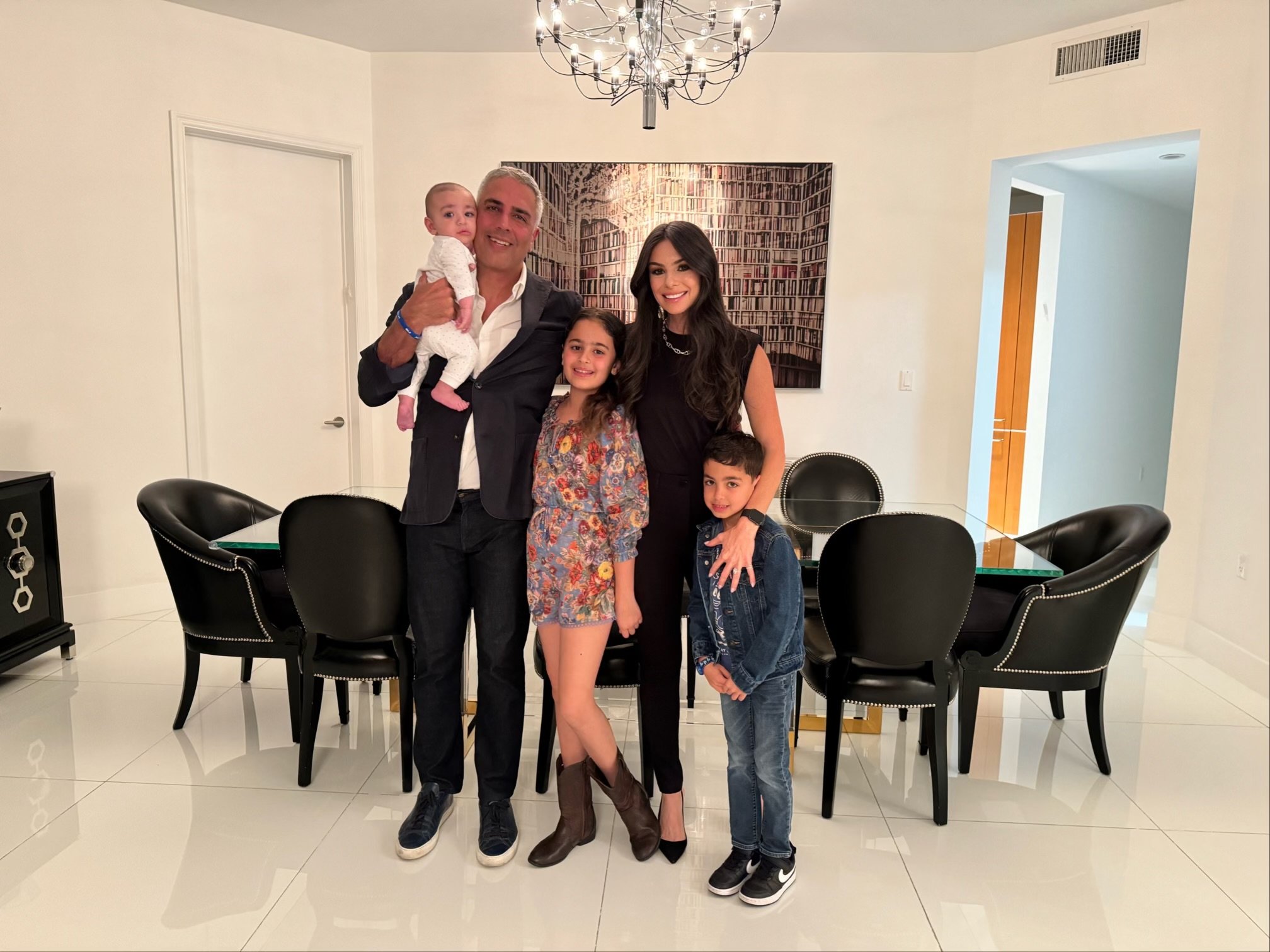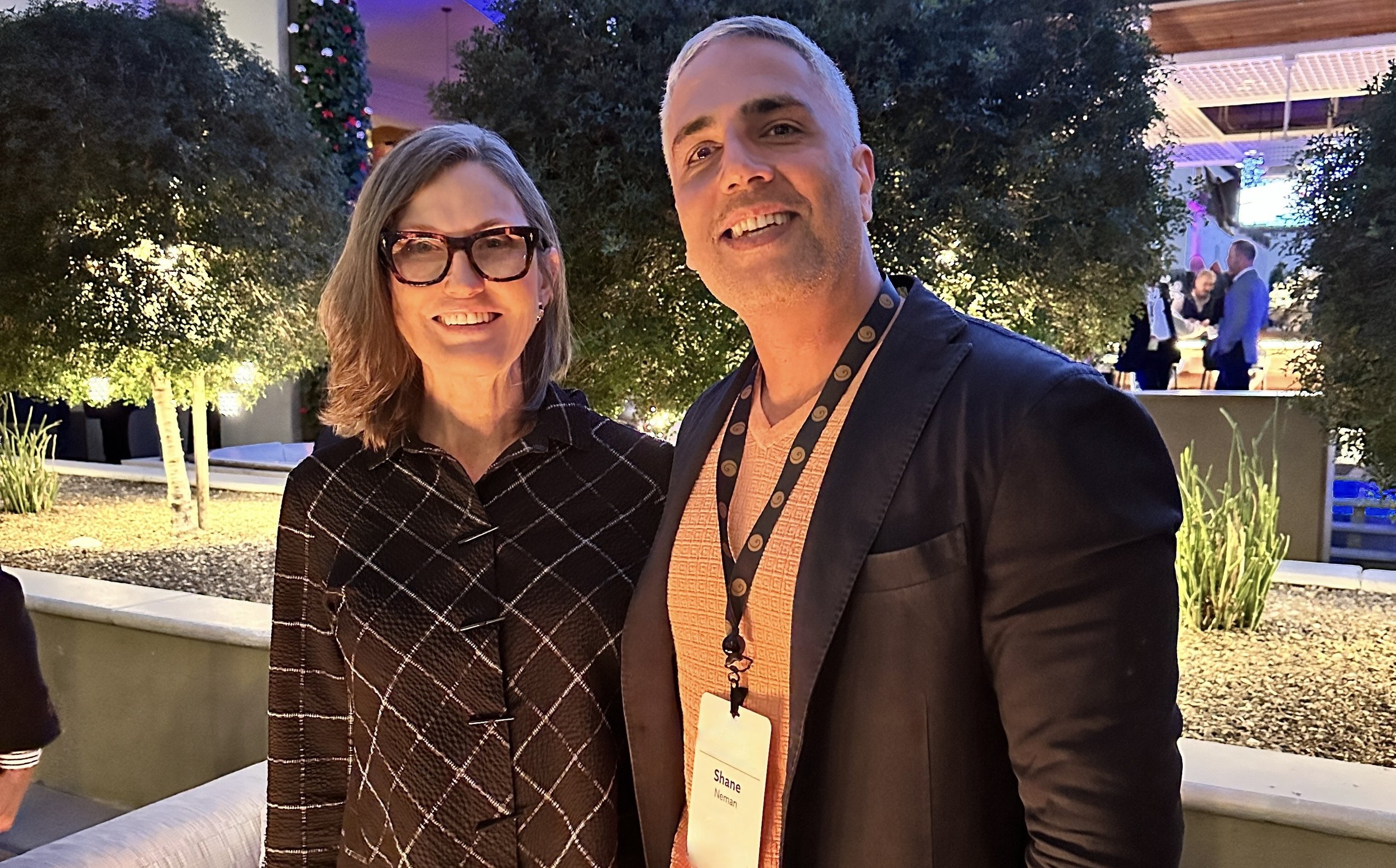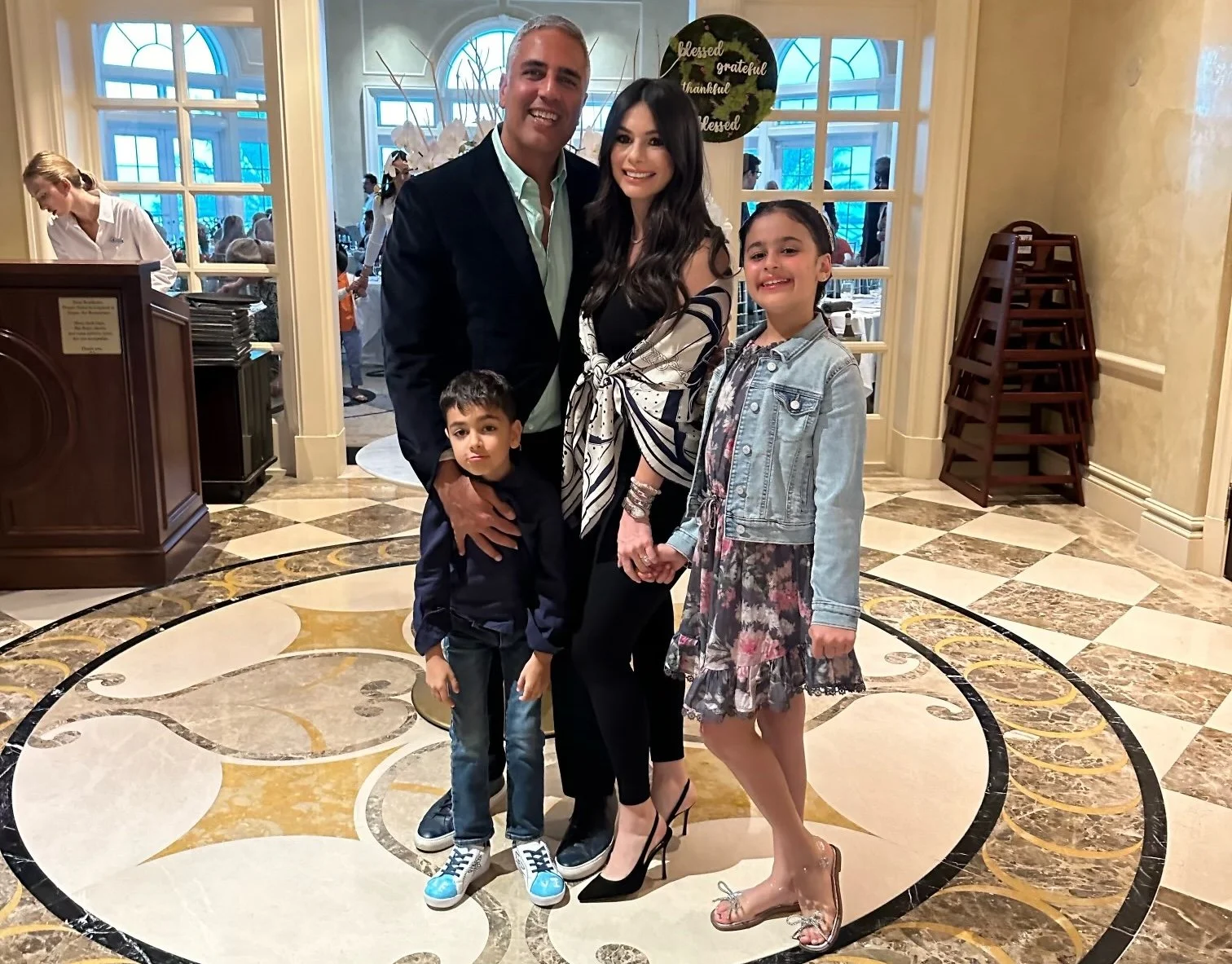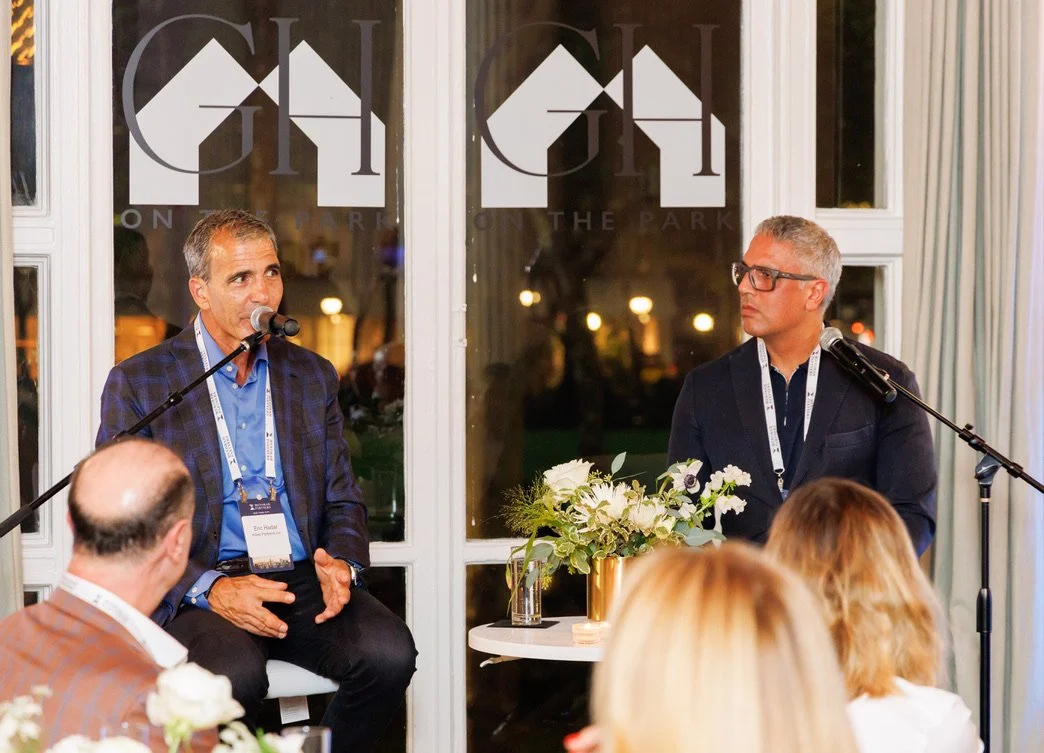What I Am Reading:
How to Live an Asymmetric Life
Graham Weaver's narrative unfolds as a profound exploration of both investing and life, with a focus on the four essential principles that shape an asymmetric existence. Central to his message is the notion of writing one's own story – envisioning and pursuing dreams with unwavering determination. Living an asymmetric life, according to Weaver, means breaking free from fear and playing for the asymmetric upside in every aspect of existence
What I Am Watching:
The Most Misunderstood Concept in Physics
Entropy is the tendency of energy to disperse and create disorder, and is intricately linked to Earth's existence. This video vividly explains the vital role played by the sun, which provides Earth with an invaluable stream of high-quality low entropy energy that allows for structure and temperature variations, fostering the conditions for life to flourish. It's a captivating journey into the science behind our planet's sustainability.
What I Am Listening:
"The Formula" by Albert-László Barabási
Too often, accomplishment does not equal success. We did the work but didn't get the promotion; we played hard but weren't recognized; we had the idea but didn't get the credit. We convince ourselves that talent combined with a strong work ethic is the key to getting ahead, but also realize that combination often fails to yield results, without any deeper understanding as to why. Recognizing this striking disconnect, the author, along with a team of renowned researchers and some of the most advanced data-crunching systems on the planet, dedicated themselves to one goal: uncovering that ever-elusive link between performance and success.
A conversation with Renaissance Technologies CEO Peter Brown
In this special episode, Peter Brown, CEO of Renaissance Technologies, talks about his career and building the hedge fund company. He also recounts how the firm navigated market crises such as the “quant quake” and the Global Financial Crisis, and describes how computer models and algorithms have long played a role in Renaissance’s growth.
More…




